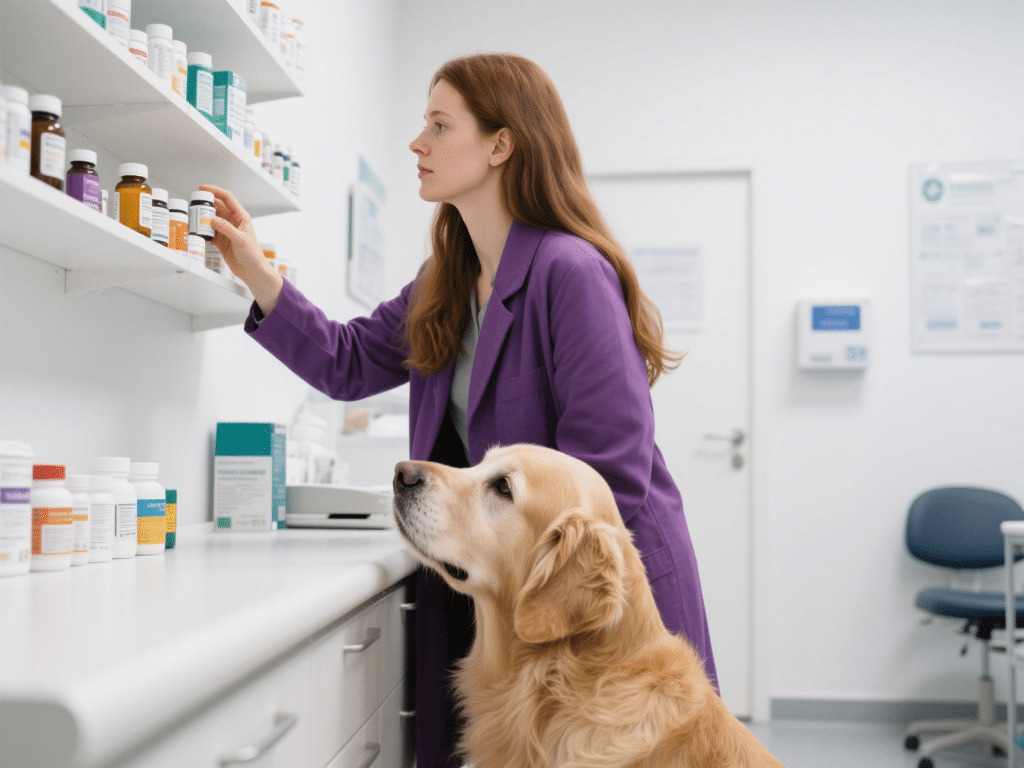Why Pet Supplements Matter
Nutritional gaps in commercial pet foods affect 30% of companion animals (Journal of Animal Science, 2023). Supplements address specific health needs but require professional guidance. Always consult your veterinarian before introducing new supplements.
Top 5 Vet-Recommended Supplements
Omega-3 Fatty Acids
Benefits: Reduces inflammation, improves skin/coat health, supports cognitive function
Sources: Fish oil (EPA/DHA), algae oil for cats
Dosage: 20-55mg EPA+DHA per pound daily (AVMA guidelines)
Caution: Choose mercury-free products with third-party testing
Probiotics & Prebiotics
Benefits: Enhances gut microbiome, reduces diarrhea, boosts immunity
Strains: Look for Bifidobacterium animalis and Enterococcus faecium
Delivery: Powder forms show 40% better viability than treats (Veterinary Microbiology, 2024)
Joint Support Formulas
Key Compounds: Glucosamine HCl (500mg/25lb), chondroitin sulfate, MSM
Evidence: 71% mobility improvement in arthritic dogs (Cornell Veterinary Studies)
Synergy: Combine with green-lipped mussel extract for enhanced efficacy
Antioxidant Blends
Critical Nutrients: Vitamin E (5 IU/kg), selenium, blueberries
Function: Neutralizes free radicals, slows cellular aging
Breeds: Essential for brachycephalic dogs and senior cats
Specialized Fiber Supplements
Uses: Pumpkin fiber for digestion, psyllium for hairball control
Dosing: 1 tsp per 10lb body weight mixed with food
Avoid: Xylitol-containing products (highly toxic)
Safety Protocols & Selection Criteria
Third-Party Certification: Choose NSF International or NASC-approved products
Bioavailability: Liquid > powder > chewables (Journal of Veterinary Pharmacology)
Contraindications:
Avoid vitamin D supplements for cats with kidney disease
Omega-3s may interact with blood-thinning medications
Storage: Refrigerate probiotics; keep oils away from light
Implementation Timeline
| Supplement Type | Expected Results Timeline |
|---|---|
| Probiotics | 2-3 weeks (digestive) |
| Omega-3s | 4-6 weeks (coat/skin) |
| Joint Support | 8-12 weeks (mobility) |
Monitor pets for adverse reactions: vomiting, lethargy, or appetite changes. Discontinue immediately if observed.
Final Recommendations
Schedule biannual veterinary nutritional assessments. Blood tests can identify deficiencies before symptoms appear. Focus on human-grade, sustainably sourced supplements with transparent ingredient lists. Remember: Supplements complement—don’t replace—balanced diets and preventive care.
Always verify dosage calculations with your veterinarian. Individual needs vary by species, age, and health status.










Comments on "The Best Supplements for Your Pet’s Health: What You Need to Know" :